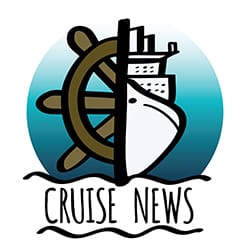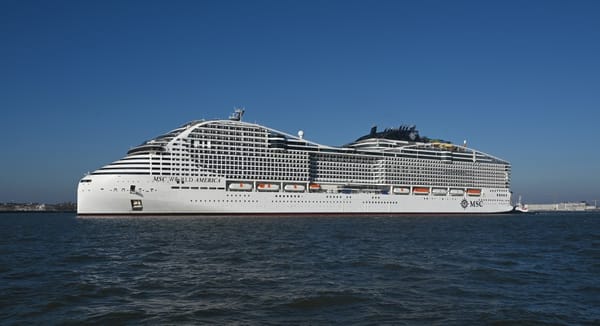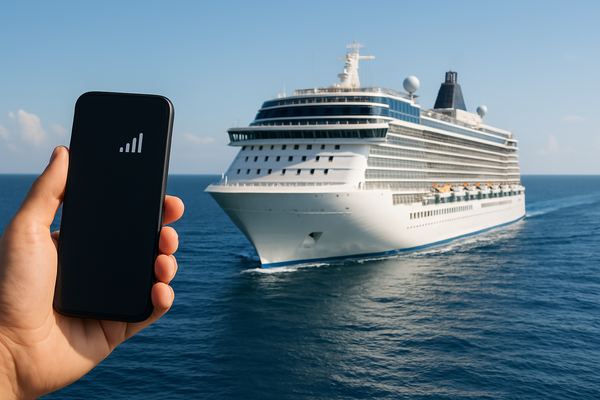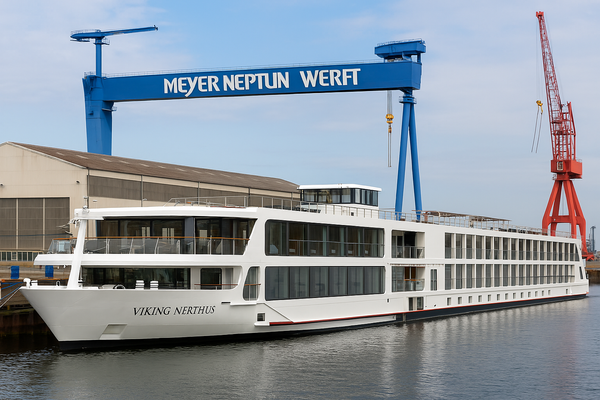Senator Sullivan Proposes PVSA Changes Amid US-Canada Tensions
Senator Dan Sullivan's proposal to amend the PVSA highlights shifting dynamics in U.S.-Canada relations, potentially transforming Alaska's cruise industry and Canadian port economies.
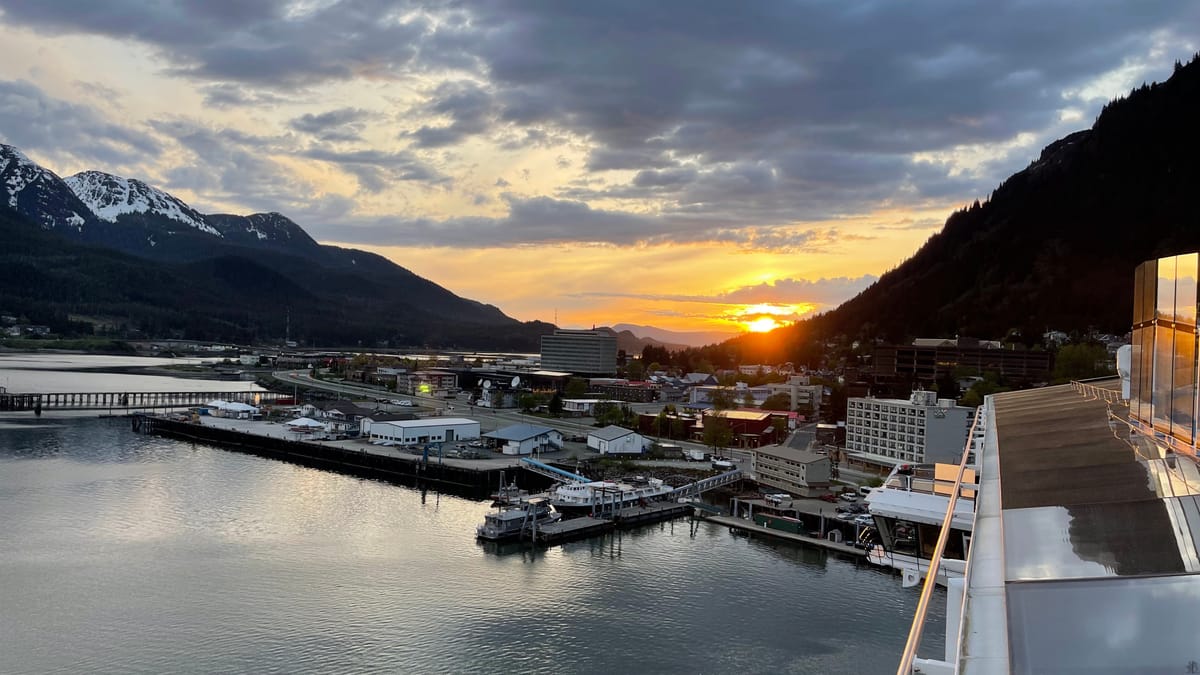
Alaska Senator Dan Sullivan has announced plans to challenge the Passenger Vessel Services Act (PVSA) of 1886, a longstanding U.S. maritime law requiring foreign-flagged cruise ships traveling between U.S. locations to include a stop in a foreign port, such as Canada. Tensions with Canada over trade disputes have fueled Sullivan’s push, which he says could bolster Alaska’s economy and tourism sector by reducing dependency on Canadian ports. His proposal has triggered economic and legal concerns on both sides of the border.
The Historical Role of the PVSA
Enacted in 1886, the PVSA mandates that foreign-flagged vessels operating closed-loop voyages from the U.S. include at least one foreign port call. For Alaskan cruises departing from cities like Seattle, this typically means a stop in British Columbia, often Victoria or Vancouver. The policy preserves protections for domestic shipping industries while also directing notable tourism revenue to Canadian cities.
However, recent political friction has led many to question whether maintaining these foreign port calls is essential. Sullivan’s statements were partly spurred by British Columbia Premier David Eby’s proposal to levy tolls on Alaska-bound commercial trucks, a retaliatory move for perceived trade inequalities with the United States.
Sullivan’s Legislative Proposal
In a radio interview on Alaska’s 650-KENI, Sullivan outlined possible countermeasures to Premier Eby’s toll proposition by altering or suspending PVSA requirements for Alaska-bound cruises. He suggested two main avenues:
- Passing new legislation in Congress to make Alaskan cruises permanently exempt from PVSA regulations.
- Seeking a presidential executive order to grant temporary relief for the 2025 cruise season.
Sullivan believes skipping Canadian ports would enable cruise lines to allocate more days in Alaska, potentially generating additional revenue for local businesses. He also acknowledged the heavy blow this could deal to Canada’s tourism industry, particularly in Vancouver and Victoria, which rely on visitor spending from cruise ships.
Economic Implications for Alaska and Canada
Sullivan has underscored the strategic importance of tourism to Alaska’s economy. From restaurants to tour operators, many local businesses depend on cruise passengers each season. Officials note that around 10% of Alaska’s visitors are Canadians, illustrating the delicate balance between sustaining cross-border tourism flows and reducing reliance on Canadian ports.
Canadian communities, meanwhile, could face a steep downturn if vessels bypass their ports. Vancouver and Victoria see significant economic activity tied to cruise ship calls, including passenger spending, port fees, and shore excursions. Premier Eby’s proposed commercial truck tolls appear to be a preemptive measure to protect Canadian interests should Alaska successfully secure an exemption to the PVSA.
Precedents and Industry Response
This would not be the first targeted PVSA waiver for Alaska. In 2021, the Alaska Tourism Restoration Act allowed cruise ships to bypass Canada temporarily after Canadian authorities barred large vessels during the COVID-19 pandemic. But attempts to permanently codify those changes did not pass in Congress, leaving current PVSA rules in place.
The cruise industry’s position on the latest proposal has been mixed. Certain companies see itinerary flexibility as a way to enhance recovery from pandemic-driven losses, while others remain wary of the diplomatic and logistical complexities involved in changing port calls under longstanding international maritime laws.
Potential Next Steps
Sullivan’s efforts to modify or suspend the PVSA for Alaskan cruises are still in the exploratory phase. Any new legislation would likely attract scrutiny in Congress, where debates involving maritime policy and global trade rules could slow down or derail a final resolution. Tensions between the U.S. and Canada further complicate the path forward, leaving open the possibility of bilateral negotiations to ease conflict before any major legal amendments are considered.
As debates unfold, both Alaskan and Canadian stakeholders are closely watching how these proposals could reshape cruise schedules, impact local economies, and influence cross-border relations well into the future.
What is the Passenger Vessel Services Act (PVSA)?
The PVSA is a U.S. maritime law enacted in 1886 that requires foreign-flagged vessels conducting round-trip cruises between U.S. ports to make a stop at a foreign port. For Alaskan cruises, this often entails calling at Canadian ports like Vancouver or Victoria.
Why is Senator Dan Sullivan proposing changes to the PVSA?
Sullivan is pushing for adjustments to the PVSA in response to heightened U.S.-Canada trade tensions. He contends that skipping Canadian ports could boost Alaska’s economy and tourism, reducing reliance on Canada amid political disagreements.
How would bypassing Canadian ports affect Alaska’s cruise industry?
Eliminating required Canadian port stops would free more days for visits to Alaskan destinations. This could increase local revenue, as passengers would have additional time for tours, dining, and shopping, thereby benefiting businesses in port communities.
What impact would this have on Canadian ports like Vancouver and Victoria?
Canadian cities dependent on cruise tourism could face notable economic setbacks. Vancouver and Victoria, in particular, rely on visitor spending and port fees from cruise vessels. Reduced or eliminated port calls would mean less revenue for these communities.
Has the U.S. ever bypassed PVSA regulations before?
Yes. In 2021, the Alaska Tourism Restoration Act allowed cruise companies to temporarily skip Canadian stops when Canada banned large passenger ships due to COVID-19. That provision was time-limited and did not permanently alter PVSA requirements.
